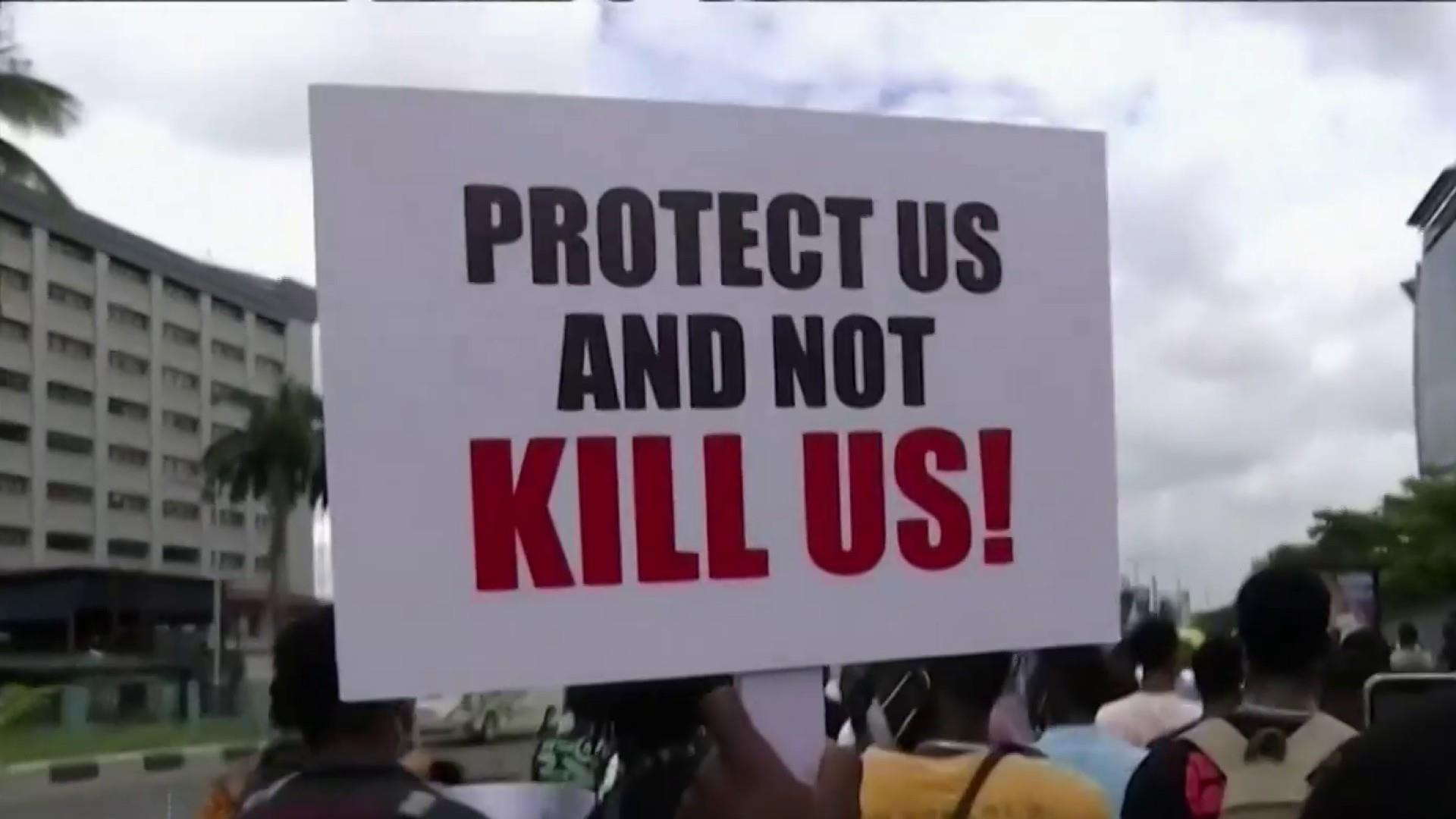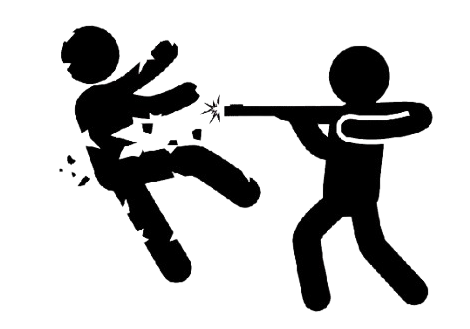The Crisis.

Terrorist Attacks
Terrorist attacks by armed groups in Nigeria remain a major threat, especially in northern and central regions. Villages, churches, and schools are frequent targets, leading to killings, abductions, and mass displacement. Groups like Boko Haram and bandits aim to spread fear and destabilize communities by attacking civilians and institutions. Despite government efforts, insecurity persists due to weak intelligence, limited resources, and difficult terrain. Religious and educational centers remain vulnerable, and urgent action is needed to strengthen security, support affected communities, and restore peace. A coordinated national and international response is crucial to end the violence.
Herdsmen-Farmer Clashes
Herdsmen-farmer clashes in Nigeria have escalated into deadly conflicts, primarily over land and grazing rights. These disputes, often in the Middle Belt region, result in mass killings, destruction of property, and displacement of communities. As farmland shrinks due to climate change and population growth, tensions rise between farmers and nomadic herders competing for resources. Despite government interventions, the violence persists, fueled by ethnic and religious divisions. Urgent measures are needed to enforce land-use policies, promote dialogue, and ensure justice to prevent further bloodshed and promote peaceful coexistence.
Banditry & Kidnappings
Banditry and kidnappings have become widespread across Nigeria, particularly in the northern and central regions. Armed groups target highways, villages, and schools, abducting thousands for ransom. Victims often include students, travelers, and rural residents. While some are released after payments, many never return, leaving families in despair. The growing insecurity has crippled local economies and created fear across affected areas. Despite military operations and negotiations, the crisis continues due to weak law enforcement, poor intelligence, and corruption. Urgent, coordinated action is needed to dismantle these criminal networks and restore safety to communities.
Government Inaction
Government inaction remains a major factor worsening insecurity in Nigeria. Despite repeated attacks by terrorists, bandits, and armed groups, the response from authorities is often slow, ineffective, or absent. Many communities feel abandoned, with no protection or justice for victims. Corruption, lack of accountability, and weak governance have eroded public trust. Promises of security reforms rarely translate into action, and perpetrators frequently go unpunished. This failure to protect citizens has allowed violence to thrive and deepen. Urgent political will, transparency, and stronger law enforcement are needed to restore safety and confidence in the government.
